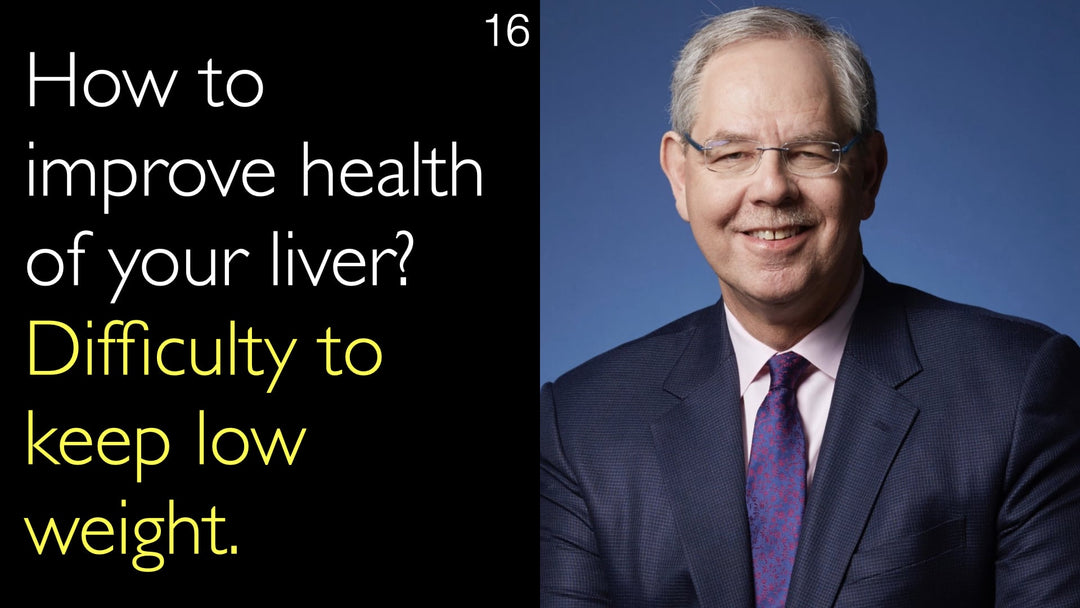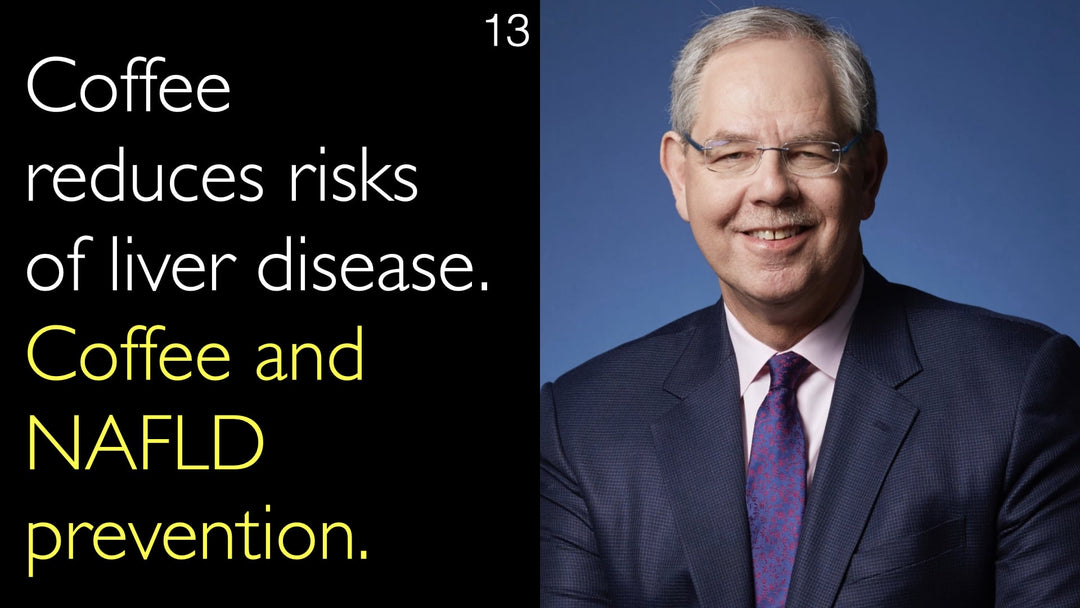Fremtrædende kardiolog, dr. Dale Adler, forklarer de mest effektive strategier for at opretholde et sundt hjerte og understreger, at optimal vægt og kardiovaskulær træning er vigtigere end kosttilskud eller vitaminer. Dr. Adler påpeger, at overskydende vægt øger blodvolumen og blodtryk, hvilket belaster hjertet og kan føre til komplikationer som diabetes og forhøjet kolesterol. Han anbefaler en livslang forpligtelse til regelmæssig motion, som forbedrer hjertets afslapning og karhelbred. Dr. Anton Titov støtter op om dette og bemærker, at kosttilskud er unødvendige for hjertesundheden, når disse grundlæggende tiltag følges.
Effektive strategier for at opretholde et sundt hjerte
Spring til afsnit
- Betydningen af en optimal vægt for hjertets sundhed
- Effekten af overvægt på hjertet
- Kardiovaskulær trænings betydning for hjertet
- Undgåelse af kosttilskud og vitaminer for hjertet
- Livslangt engagement i motion for hjertets sundhed
- Fuld transskription
Betydningen af en optimal vægt for hjertets sundhed
Dr. Dale Adler, MD, understreger, at det er afgørende for hjertets sundhed at opretholde en optimal vægt. Overvægt øger blodmængden, hvilket tvinger hjertet til at arbejde hårdere. Dette kan føre til fortykkelse af hjertemusklen og øge risikoen for forhøjet blodtryk. Ved at holde en sund vægt reduceres disse risici og støttes den generelle kardiovaskulære funktion.
Effekten af overvægt på hjertet
Overvægt har flere negative virkninger på hjertets sundhed. Dr. Adler forklarer, at det kan føre til diabetes, som skader blodkarrene og påvirker kolesterolniveauerne negativt. Personer med overvægt har ofte højere blodtryk, hvilket lægger yderligere pres på hjertet. Vægthåndtering er afgørende for at forebygge disse komplikationer og bevare hjertets sundhed.
Kardiovaskulær trænings betydning for hjertet
Kardiovaskulær træning spiller en afgørende rolle i at opretholde hjertets sundhed. Dr. Dale Adler, MD, påpeger, at regelmæssig fysisk aktivitet hjælper hjertet med at slappe af mellem slag og holder blodkarrene i god form. En konsekvent træningsrutine styrker hjertets fleksibilitet og reducerer risikoen for hjerte-kar-sygdomme.
Undgåelse af kosttilskud og vitaminer for hjertet
Dr. Anton Titov, MD, og Dr. Adler er enige om, at kosttilskud og vitaminer er unødvendige for hjertets sundhed, når man prioriterer en optimal vægt og regelmæssig træning. Disse grundlæggende tiltag giver alle de nødvendige fordele for et sundt hjerte, hvilket gør yderligere tilskud overflødige.
Livslangt engagement i motion for hjertets sundhed
Dr. Dale Adler, MD, fremhæver et livslangt engagement i fysisk aktivitet som en nøglestrategi for hjertets sundhed. Regelmæssig motion støtter ikke kun hjertefunktionen, men forbedrer også den generelle trivsel. Ved at fastholde en aktiv livsstil kan man markant forbedre både hjertets sundhed og livskvaliteten.
Fuld transskription
Dr. Anton Titov, MD: Hvad er den bedste måde at holde hjertet sundt på?
Dr. Dale Adler, MD: Alt tyder på, at en optimal vægt gør en enorm forskel. Når folk har overvægt, er der et større blodvolumen. Der kommer mere blodstrøm ind i hjertet ved hvert slag, hvilket kan få hjertet til at udvide sig. Personer med overvægt har ofte højere blodtryk, hvilket betyder, at hjertet arbejder for hårdt, og hjertemusklen kan blive tykkere.
Overvægt fører også til diabetes, som skader blodkarrene og forværrer kolesterolniveauerne. Så det er afgørende for hjertets sundhed at opretholde en optimal vægt.
Kardiovaskulær træning er den anden nøglefaktor. Studier viser, at folk, der konsekvent udfordrer sig fysisk gennem hele livet, bevarer en bedre hjertefleksibilitet. Deres hjerter kan slappe bedre af mellem slag, og de opretholder sundere blodkar.
Det kan lyde kedeligt, men at holde en optimal vægt og følge et godt træningsprogram bidrager markant til et sundt hjerte hele livet.
Dr. Anton Titov, MD: Du har ikke brug for kosttilskud eller vitaminer for at holde dit hjerte sundt.








